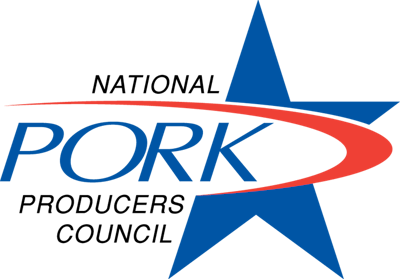
Impossible Pork, the latest product from Impossible Foods, is a violation of U.S. labeling laws, the National Pork Producers Council (NPPC) said this week.
Real pork can only come from pigs, protested the association. Pork is the most consumed meat globally. However, the industry is currently facing a crisis because of the African Swine Fever epidemic, which has devastated the worldwide pork supply.
On Wednesday, the popular alternative meat company introduced two new plant-based products, Impossible Pork and Impossible Sausage, at the International Consumer Electronics Show in Las Vegas. These are the brand’s first all-new products since the launch of the Impossible Burger in 2016.
Sales of alternative meat could reach $140 billion in sales over the next decade, making up 10% of global meat sales worldwide, according to estimates from Barclays.
What’s in a name?
According to the Federal Food, Drug & Cosmetic Act, all food labeling must be truthful and not misleading. This act is enforced by the US Food and Drug Association (FDA), the agency responsible for the production and labeling of plant-based meat.
In addition, a growing number of states have recently passed labeling laws directly targeting plant-based and lab-grown meat. These laws state that only foods derived from food producing animals can bear labels containing the words “meat,” sausage,” burger,” etc.
“This is a brazen attempt to circumvent decades of food labeling law and centuries of precedence. Any adjective placed in front of the word pork can only refine it, not redefine it. It's not pork. It's not pork sausage. It can't be labeled as such,” NPPC wrote in a statement on their website.
The statement also noted that NPPC is supportive of consumer choice and competitive markets on a level playing field. Therefore, they argued, plant- and lab-based products designed to mimic real meat need to face the same regulatory requirements as livestock agriculture, including labeling standards.
Like what you just read? Sign up now for free to receive the Poultry Future Newslette


















